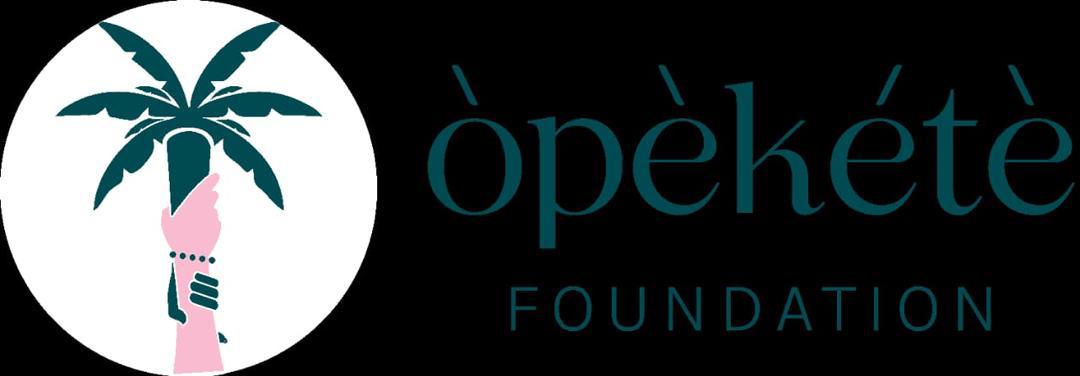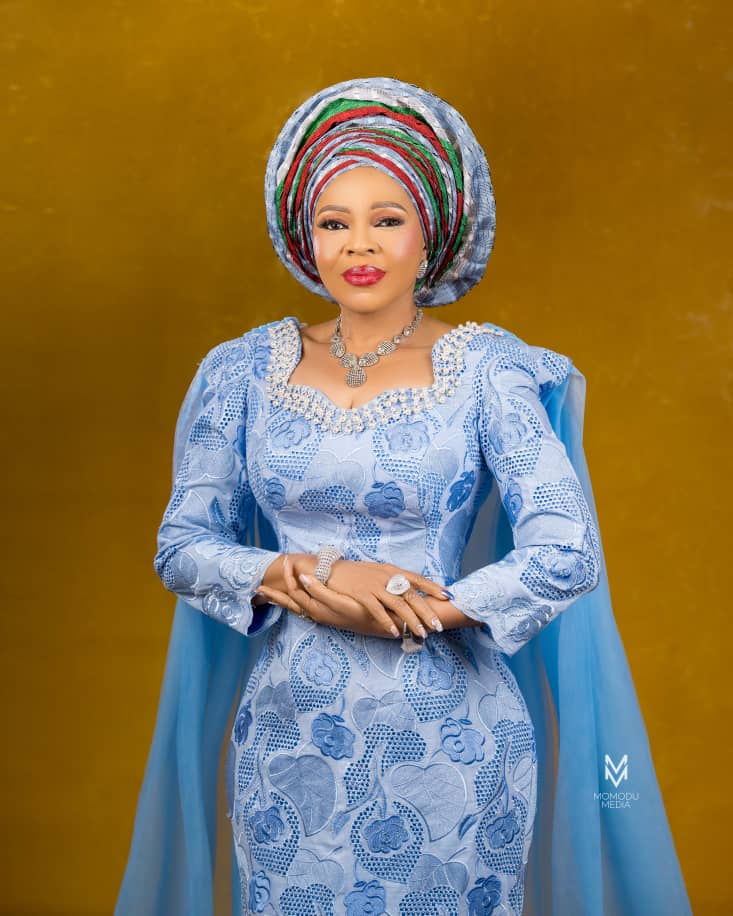By Omolara Euler-Ajayi
Globally, education is widely recognized as a basic human right and a critical driver of poverty reduction and economic progress.
However, in Africa, many countries face significant challenges in delivering the educational attainment and skills necessary for economic advancement.
In Nigeria, systemic issues such as limited investment, inadequate infrastructure, and entrenched cultural norms continue to impede access to education.
As a result, millions of children and young people, particularly girls, are excluded from quality education. This exclusion not only stifles individual potential but also undermines the country’s ability to fully leverage its human capital, hindering prospects for sustainable growth and development.
Addressing the educational exclusion of girls is an urgent priority, given the profound socio-economic benefits it can bring. The Opekete Foundation, (an independent non-profit organization registered in Nigeria), is dedicated to empowering women and girls through education.
As it launches its 2024 FBM Scholarship for Women, the Foundation underscores the ongoing challenges facing girl child education in Nigeria, particularly the issues of limited funding and significant barriers to educational attainment in fields like nursing, teaching, and science, technology, engineering, and mathematics (STEM).
Challenges & Imperatives of Financing Girl Child Education
The African Union’s “Continental Education Strategy for Africa (CESA) 2016-2025” mid-term review reveals that, while some progress has been made, financing education remains a critical challenge.
Across the continent, including in Nigeria, where education funding hovers around 8% of the national budget, many countries fall short of the recommended 20% benchmark.
This chronic underfunding manifests in overcrowded classrooms, inadequate infrastructure, insufficient teaching materials, and a shortage of trained educators—perpetuating a cycle of low educational access and attainment, poverty and inequality.
In Nigeria, 18.5 million children are out of school, with 60% being female, according to UNICEF. Girls are particularly disadvantaged by economic constraints and cultural norms that often prioritize boys’ education.
However, investing in girl child education is not just a moral imperative; it is an economic necessity. Educated women are more likely to enter the workforce, earn higher incomes, and contribute to the economic and social development of their communities.
The World Bank notes that each additional year of schooling can increase a girl’s future earnings by up to 20%. Moreover, educated women are more likely to prioritize their children’s education, creating a positive cycle that benefits future generations.
Beyond Funding: Complex Challenges of Girl Child Education
In addition to funding challenges, poverty, cultural norms, and stereotypes play a significant role in excluding girls from education in Nigeria.
Gender-based violence, domestic responsibilities, early marriage, and insufficient sanitary facilities at school are just some of the barriers girls face. In sub-Saharan Africa, for example, 1 in 10 girls misses school during their menstrual period due to inadequate access to sanitary products.
Societal expectations often discourage girls from pursuing careers in STEM fields, where women remain grossly underrepresented, with only 18% of STEM scholars in sub-Saharan Africa being women—significantly lower than the global average of about 35%.
Economic hardship often forces families to prioritize boys’ education, viewing it as a more immediate return on investment. This financial strain causes many girls to drop out of school early, either to contribute to household income or because their families cannot afford school fees and associated costs, such as uniforms and textbooks.
These challenges not only hinder school attendance and educational progress but also deepen gender disparities in education.
The FBM Scholarship for Women
Founded in 2015 by the late Mrs. Florence Bamidele Makanjuola, a pioneering teacher and nurse, the Opekete Foundation envisions a world where education and empowerment unlock limitless opportunities for all. Believing in the power of education to alleviate poverty, its mission is to provide children, youth, and women with sustainable access to quality education, empowering them to lead independent, economically productive lives.
Aware of the poor access to quality education in government schools and the continued marginalization of women, the Foundation’s strategic objectives focus on educating, empowering, and advocating for the education of girls and the empowerment of women in disadvantaged communities.
The Foundation also recognizes the critical role of trained teachers and healthcare workers, particularly nurses, in meeting Nigeria’s development objectives.
To this end, it enhances teacher quality through development programs, with an emphasis on literacy and numeracy at the primary school level, and promotes STEM and financial literacy skills at both primary and secondary levels.
Through interventions such as its flagship FBM Scholarship for Women and the Biennial Roundtable on Girl Child Education, the Opekete Foundation seeks to address educational and economic disparities by providing financial support to high-achieving indigent girls.
This support, focused on nursing, teaching, and STEM, offers crucial financial relief to families and removes significant barriers to girls’ education.
With the launch of the 2024/25 Scholarship cycle, the Foundation reaffirms its long-term commitment to empowering young women to pursue careers in fields where essential skills for societal development are lacking and where significant gender gaps exist.
The Opekete Foundation’s ongoing efforts represent a powerful step toward a more equitable future, where girls are empowered to realize their full potential through quality education and contribute meaningfully to society.
A Collective Call to Support Girls’ Education
To ensure that every girl in Nigeria has access to quality education and the opportunity to reach her full potential, it is imperative that all sectors—government, private enterprise, and civil society—join forces in a coordinated and robust effort.
Increased investment is urgently needed, not just in financial terms but also in the form of comprehensive policies and initiatives that address the root causes of educational inequality. This requires not only increasing funding for education but also implementing policies that actively promote gender equality and dismantle the socio-cultural barriers that prevent girls from reaching their full potential.
The initiatives led by the Opekete Foundation and similar organizations highlight these critical issues, driving meaningful change in the quest for a more inclusive and equitable society.
However, to maximize the impact of these efforts, it is essential to broaden and deepen collaboration among all stakeholders. By fostering partnerships across public and private sectors, we can more effectively address the core challenges that continue to hinder girls’ education in Nigeria.
On this International Day of the Girl Child, Opekete Foundation calls upon governments, the private sector, and civil society to come together in a unified effort to support girls’ education.
This collective action is not just a moral imperative—it is a strategic investment in the future of our country and our world. By empowering every girl with the education she deserves, we pave the way for a brighter, more equitable future for all.
* Euler-Ajayi, Chairman, Opekete Foundation, writes from Lagos









